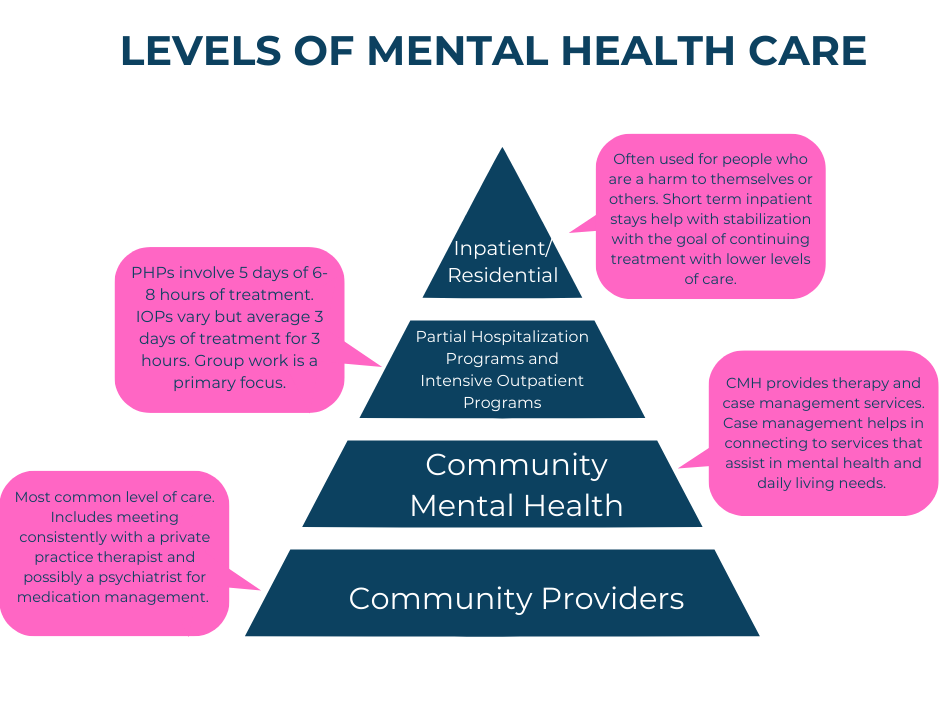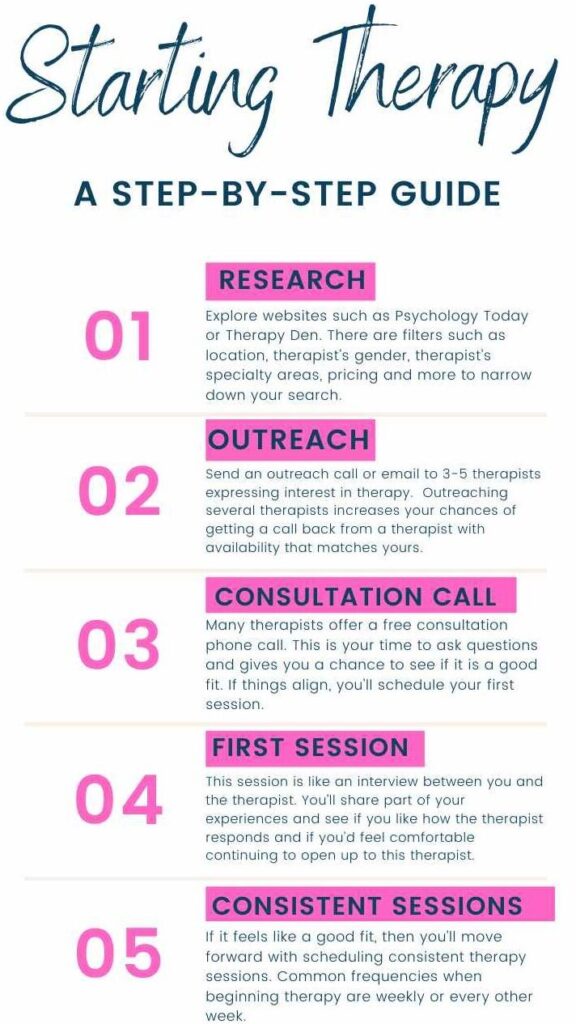There’s been only a handful of times that I’ve been in situations that pushed me into one of my survival responses – fight, flight and freeze.
I would love to be able to recount for you heroic instances where I stood up and fought for myself, but instead, I froze. Each time.
For me, none of these instances were big “T” traumas. While I had emotional wounds to process, I was never physically unsafe. But, I know for many survivors of physical traumas, freeze can be a common response.
And it sucks.
Often, when reflecting on the experience, we can think of all the ways we could have fought back or could have run away and protected ourselves. Freezing can come with much shame, anger, pain and confusion.
But what is important to know is that our survival response often acts outside of our conscious awareness. And it’s rather good at its job.
Unbeknownst to us, our survival responses are consistently taking in information to access our surroundings. When something alerts it that we are unsafe, it shifts its sole focus to what it needs to do to help us survive. And part of that decision is assessing whether fighting, fleeing or freezing is our best option.
For a variety of reasons, your survival response decided that freezing was what was best for you. For me, I was not in situations where I could run away. They mostly occurred during conversations with people and my running away just would have led to delaying the inevitable versus actually getting me out of a situation. And, due to the power dynamics that were within these conversations, my survival response decided that fighting wouldn’t bode in my favor, either.
Looking back, I often wish I had stood up for myself and have even played out the numerous things I could have said. But, my recollection of the events doesn’t include all the information my survival response was taking in at the moment. Part of embracing our freeze response is trusting and embracing that our survival response took in information that we may not be able to recollect in the present moment.
A big cognitive reframe to engage in is to tell yourself that freezing is not a weak response. You are not weak for engaging in freeze. You were surviving and for a variety of reasons freeze was the response your brain deemed necessary.
You are not wrong for freezing or bad for freezing, the only people in the wrong here are the ones who put you in this situation in the first place.
I know it can be frustrating to feel that there is more that you could have done. But it’s important to remind yourself of what you did do: You survived an experience you were never meant to go through.
Now, that being said, if somebody is in a reoccurring traumatic situation and freezing keeps being the primary response, there are ways to help other responses like fighting or fleeing be more readily available. This can include things like making plans and processing through the experiences when you are in safety. For example, taking self-defense classes can help self-defense techniques be more readily available to our survival brain.
If you find that your experience with freezing is weighing heavy on you, I also encourage you to reach out to a therapist as there are a variety of interventions that can be done to bring healing with this and help process the continued effects of what you went through.
Warmly,
Kylie Larson, MA, LPC









